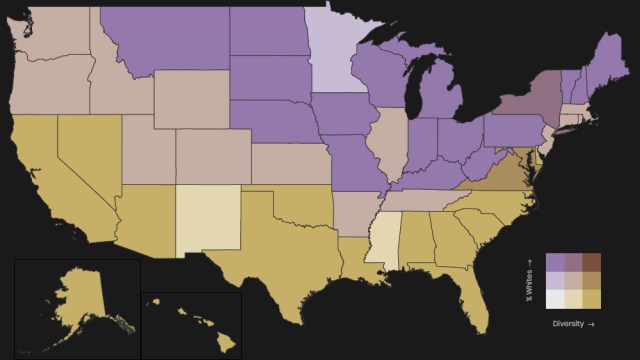‘The Anti-Facebook’: Wikipedia co-founder launches ad-free social media platform

Christophe Morin/IP3 / Getty
- The social media platform features a Facebook-style newsfeed, but content is prioritized by recency instead of engagement.
- Wikipedia co-founder Jimmy Wales said he was inspired to create WT.Social because advertising had allowed “low-quality” content to dominate Facebook and Twitter.
- Facebook and Twitter have recently adopted opposing strategies in how to handle political advertising.
Fed up with Facebook and Twitter? If so, Wikipedia co-founder Jimmy Wales hopes you’ll join WT.Social, a new social media platform that promises not to run advertisements or sell user data.
WT.Social features a Facebook-like feed on which users can share news or other content. But unlike Facebook, whose algorithms prioritize content that’s sponsored or receiving a lot of engagement, WT.Social simply shows new content first.
This content comes from various sections of the platform (called subwikis) that users choose to join. (A few I found while browsing: “Snowboarding”, “Shamanism” and, curiously, “Liberation for all People (+Veganism)”). The platform will allow users to “directly edit misleading headlines, or flag problem posts.”
About 160,000 people have signed up for WT.Social since it launched in October. The platform is free to join, but new users are put on a wait-list, which can be instantly bypassed if you donate money. WT.Social hopes to survive only on donations.
“Instead of optimizing our algorithm to addict you and keep you clicking, we will only make money if you voluntarily choose to support us — which means that our goal is not clicks but actually being meaningful to your life,” Wales said in a post about the project.
Wales said advertising is the key problem of platforms like Facebook and Twitter.
“I’ve come to the conclusion that the biggest problem driving low quality media is that it has been purely advertising supported, and that the social networks which provide so much distribution are also purely advertising supported,” he wrote in a blog post. “Facebook, Twitter and other social networks make revenue based on how long you stay on their site looking at and clicking on advertising. Engagement is prioritized over quality.”
A video published Monday by the WT.Social team says Wales was inspired to create the platform because of “the superficiality of Facebook and Twitter,” and that he hopes his new platform will “conquer Facebook,” which he considers to be “full of clickbait and misleading news.”
“This is a radical, crazy experiment of mine,” Wales told the Financial Times. “I’m happy to say I don’t know all the answers.”
WT.Social is a reboot of WikiTribune, a crowdfunded news-sharing service that Wales launched in 2017, but has since struggled and laid off editorial staffers. The ultimate goal for WT.Social, Wales suggested, is to serve as a replacement for Facebook and Twitter.
“We will foster an environment where bad actors are removed because it is right, not because it suddenly affects our bottom-line,” he told the Financial Times. “Obviously the ambition is not 50,000 or 500,000 but 50m and 500m.”
Facebook and Twitter fatigue
It’s easy to see why some people would want to ditch Facebook and Twitter. In 2019, Facebook has so far removed some 5.4 billion fake accounts, while in September Twitter announced it had removed thousands of fake accounts that were spreading political disinformation in six countries. And then there’s concerns about the 2020 U.S. presidential election, for which the two platforms recently adopted opposing strategies for how to handle misinformation in political ads.
Twitter has banned all forms of political ads, defined as paid content that references “a candidate, political party, elected or appointed government official, election, referendum, ballot measure, legislation, regulation, directive, or judicial outcome.” In stark contrast, Facebook will allow political ads of all sorts, even those containing blatant misinformation.
A platform such as WT.Social might seem like a healthier alternative. Still, it seems likely that trolls and political operatives would find some way to weaponize the platform, should it prove successful. WT.Social’s unique protection against that threat (besides lack of advertising) is its community-editing feature, which would theoretically allow users to tweak headlines. But it’s still unclear how that would work on a large scale.
It’s not like Wikipedia is immune to trolls, after all.





